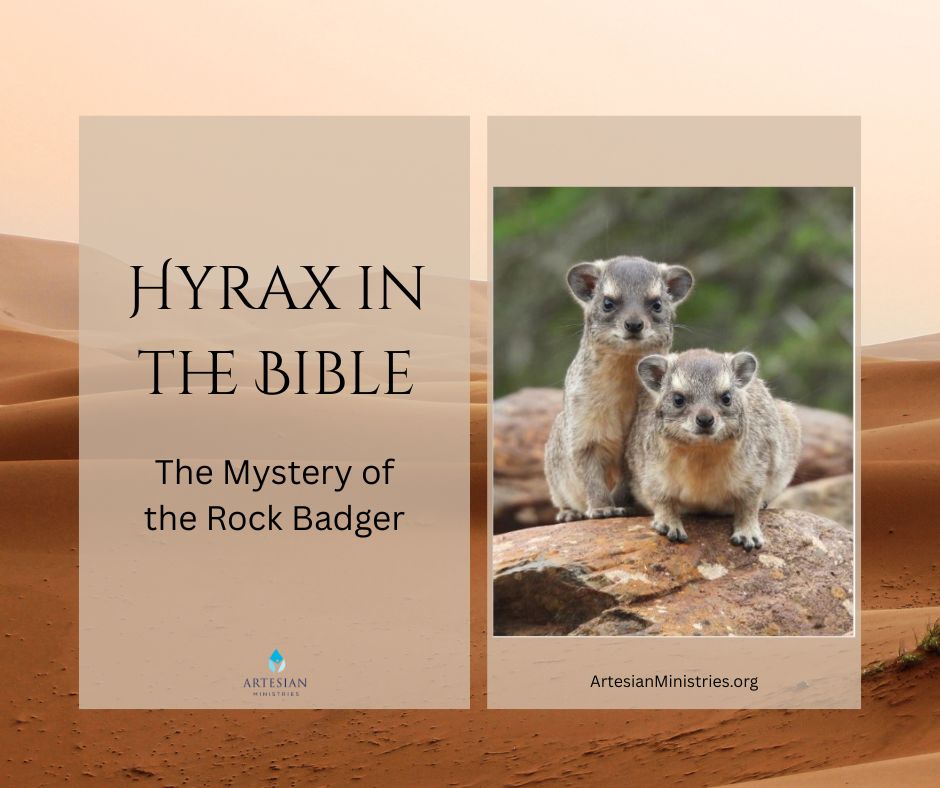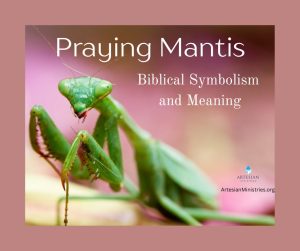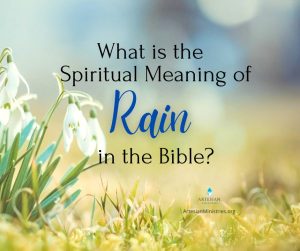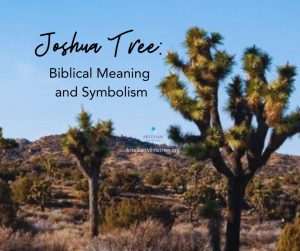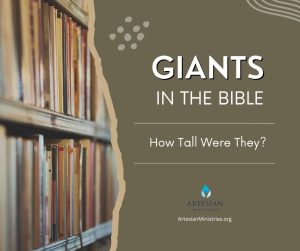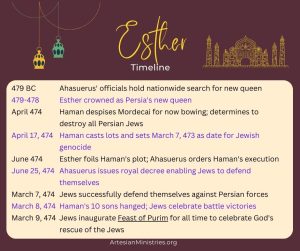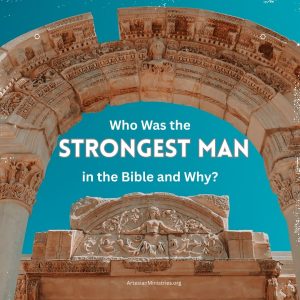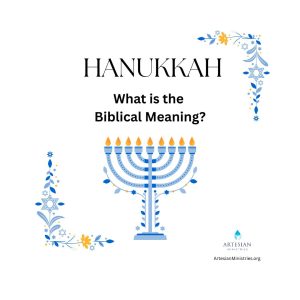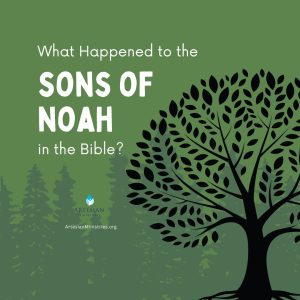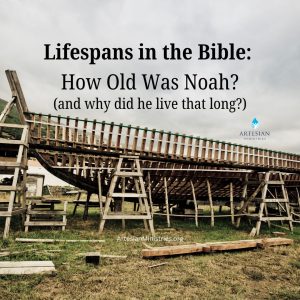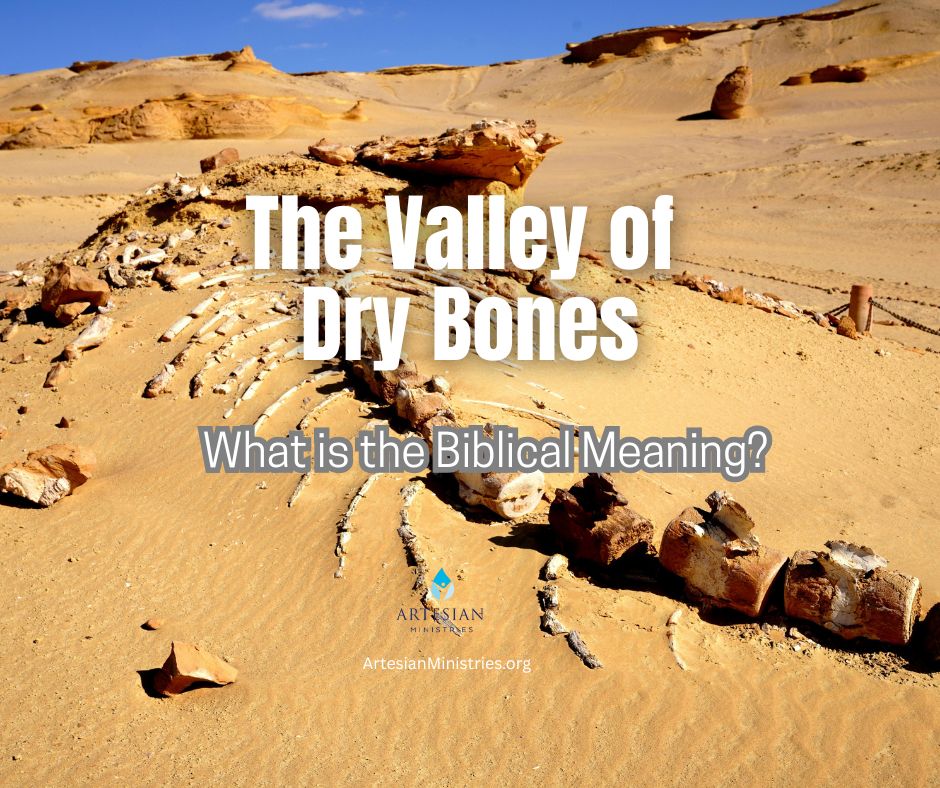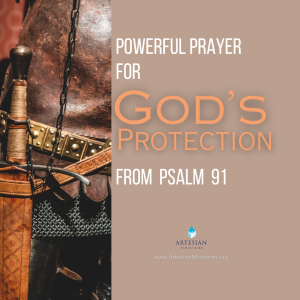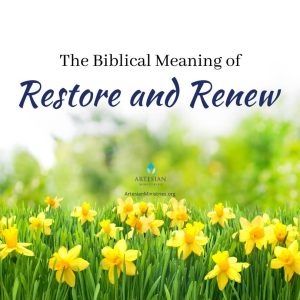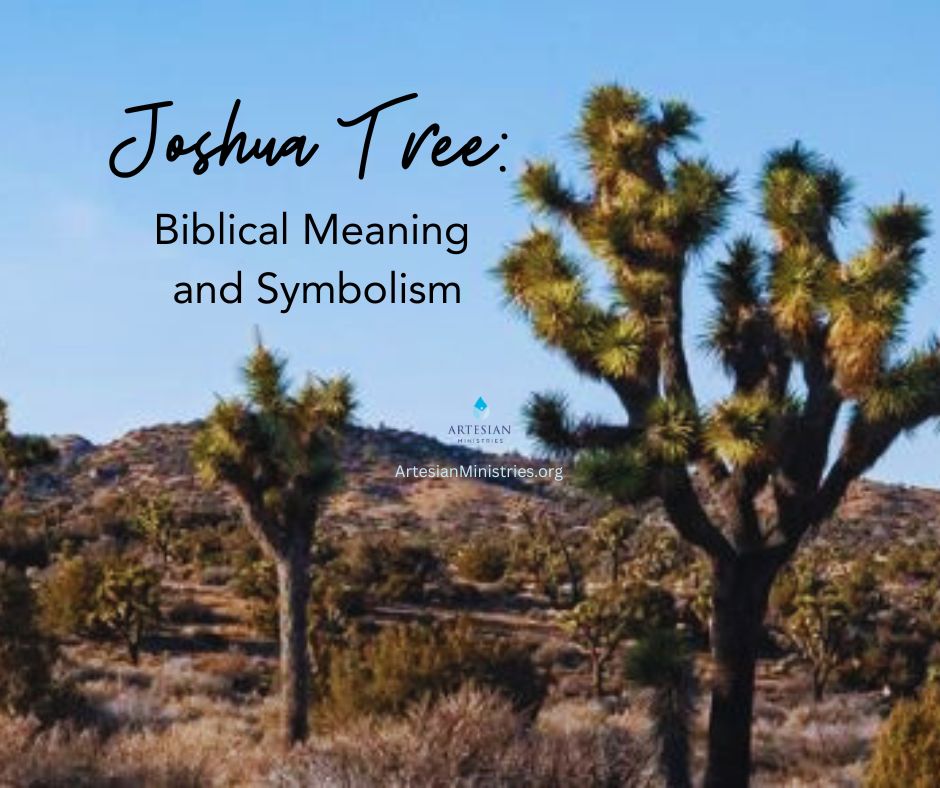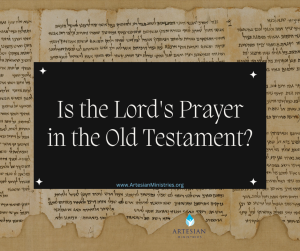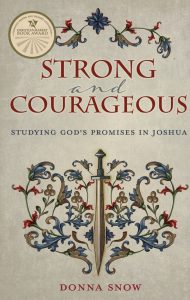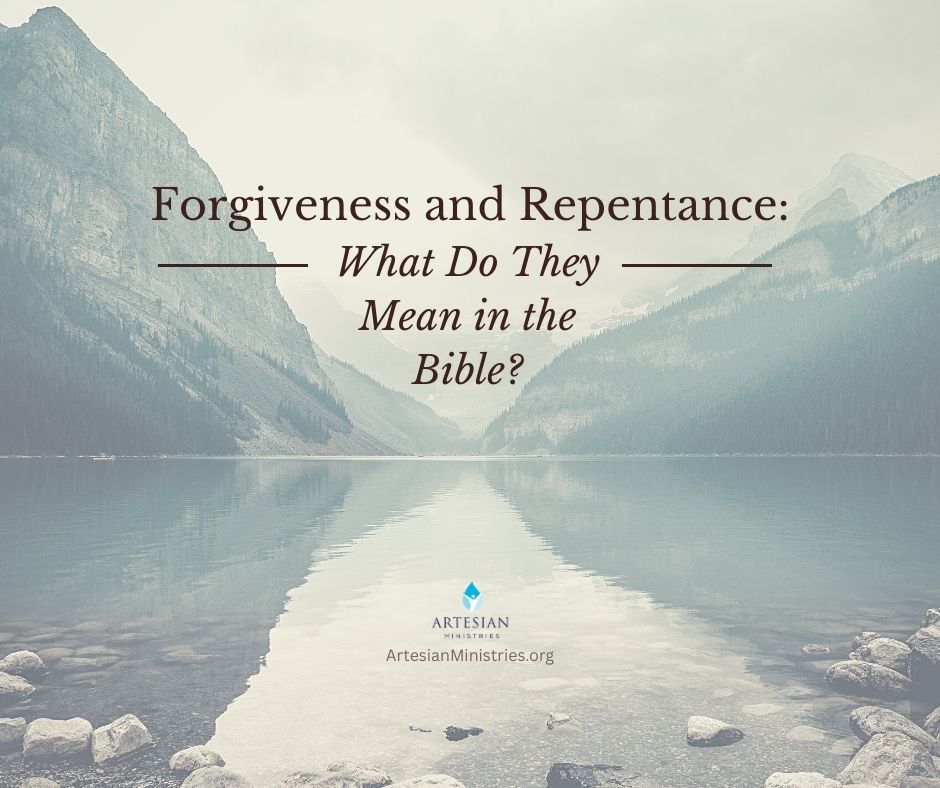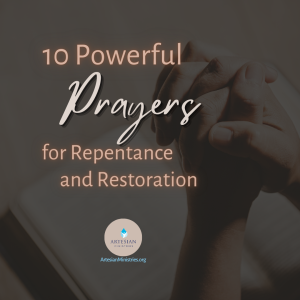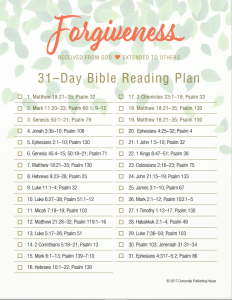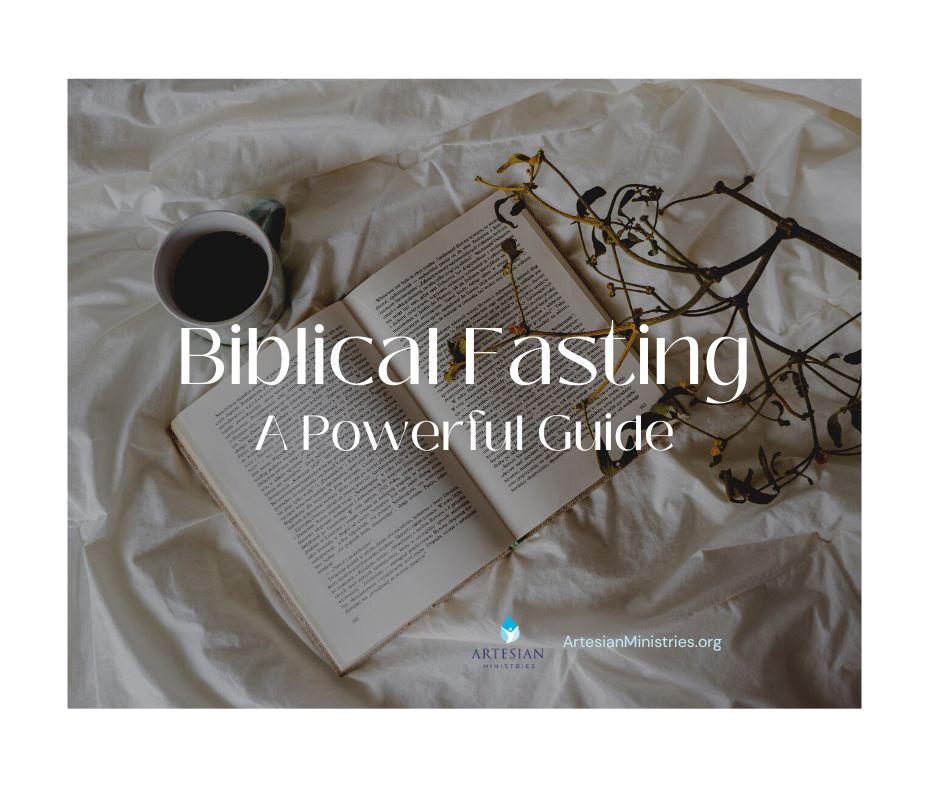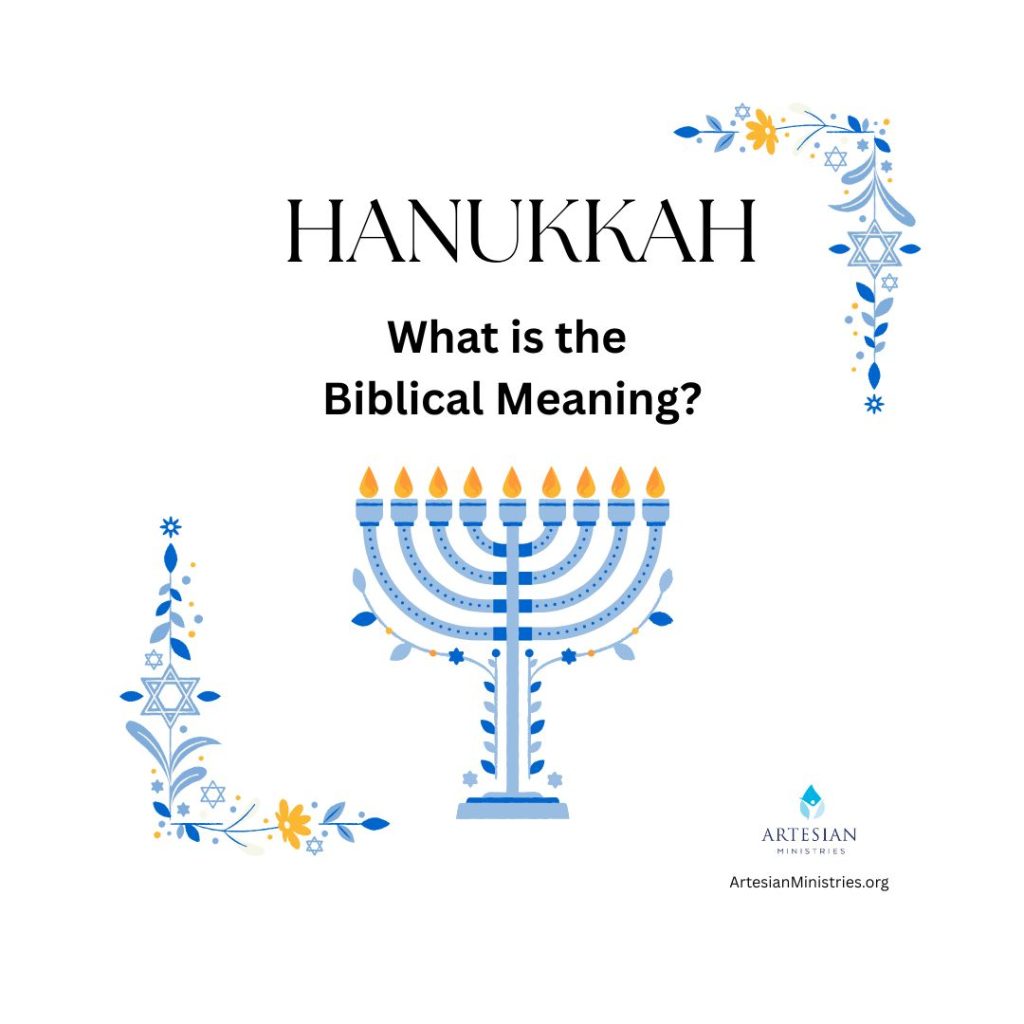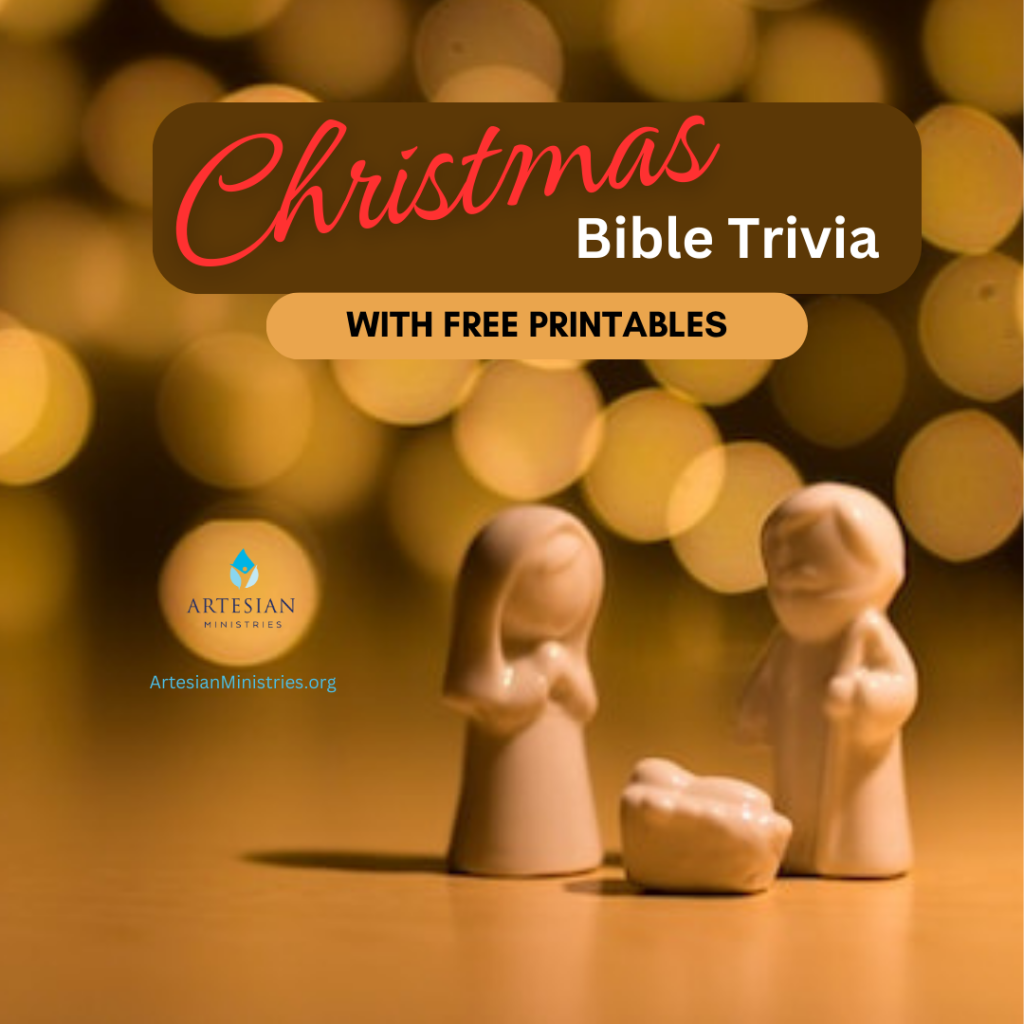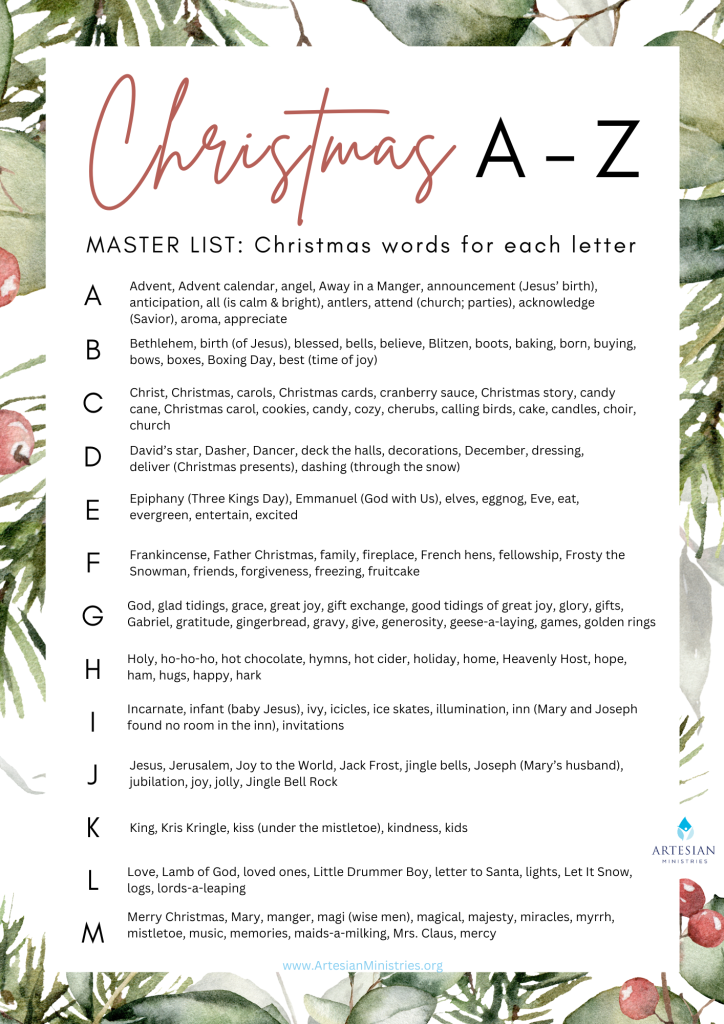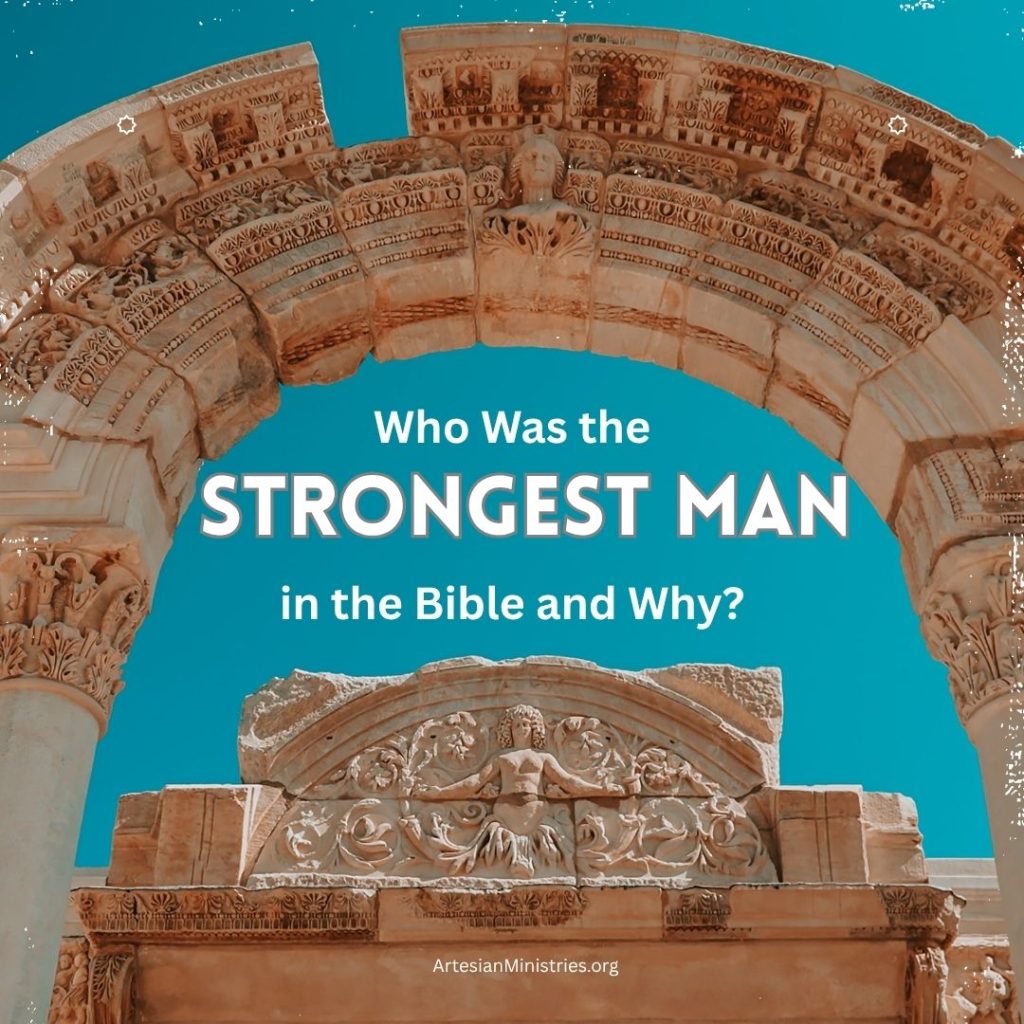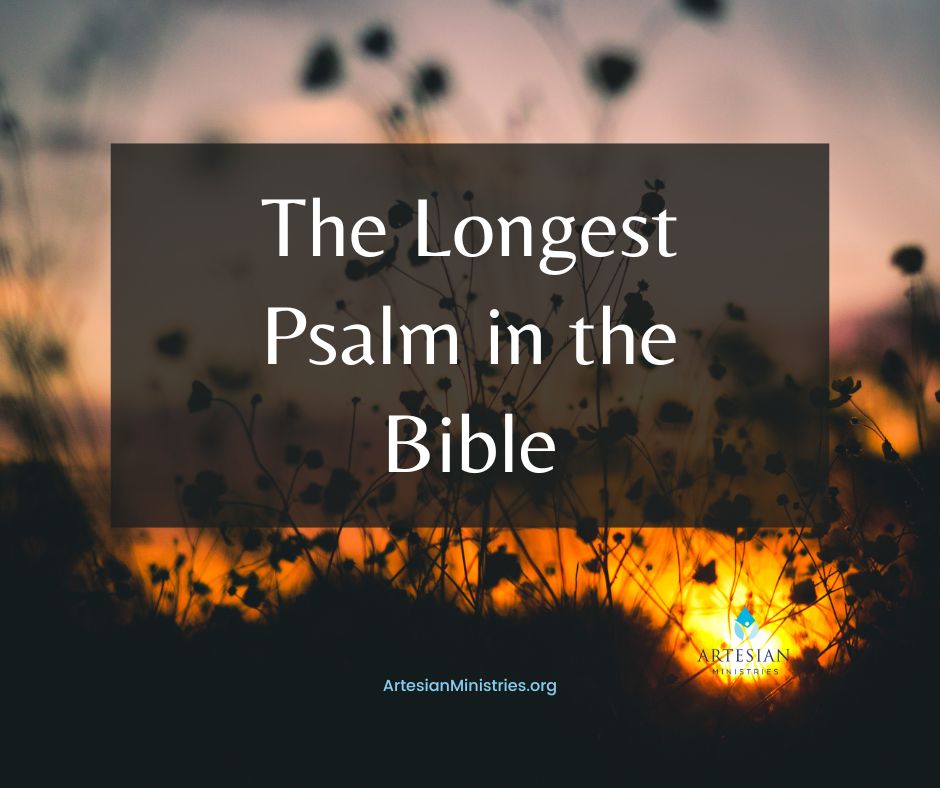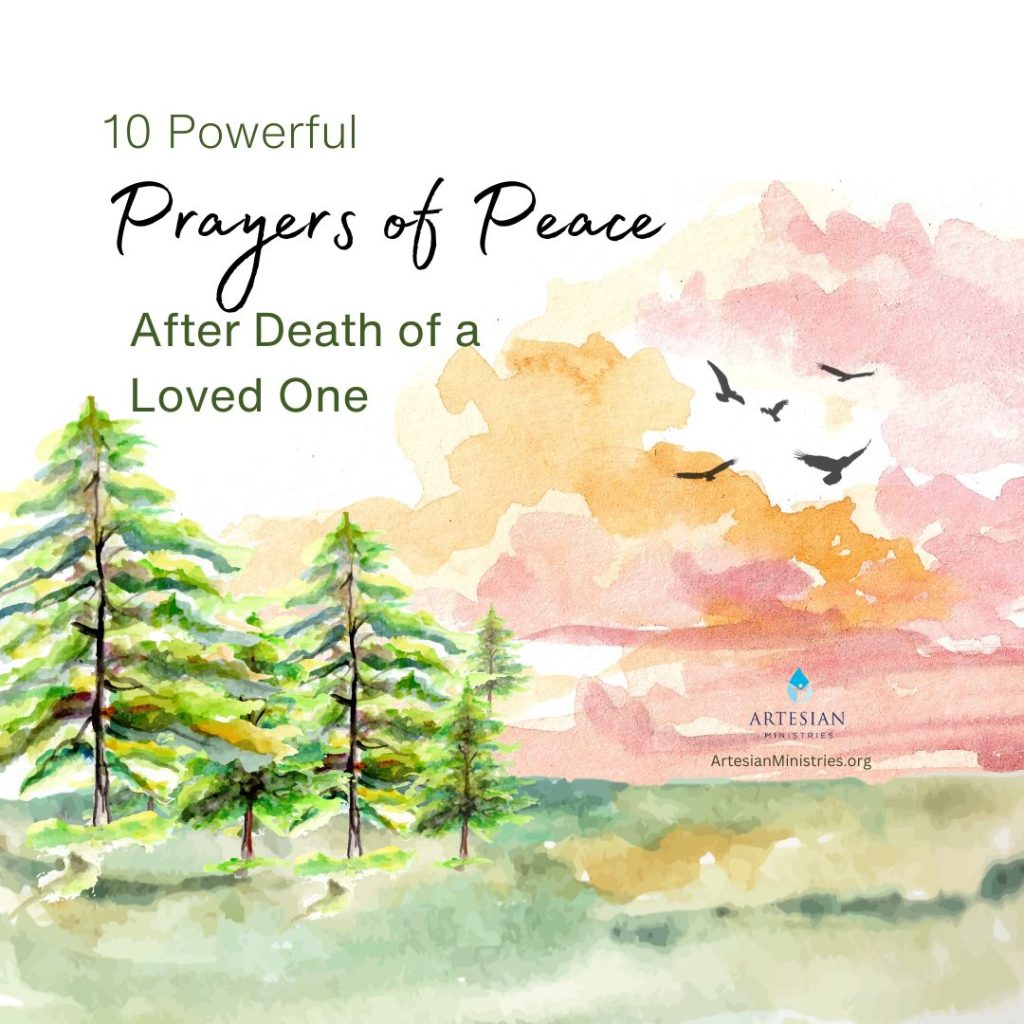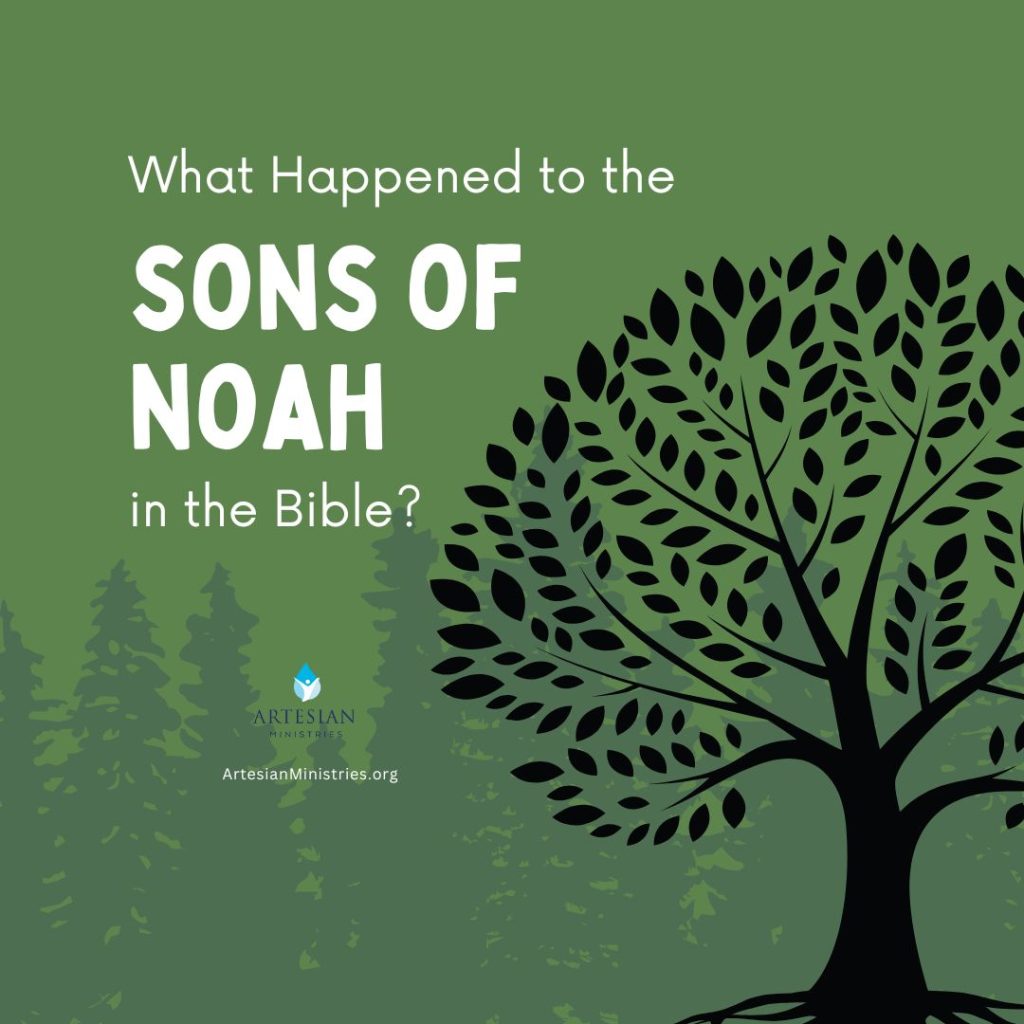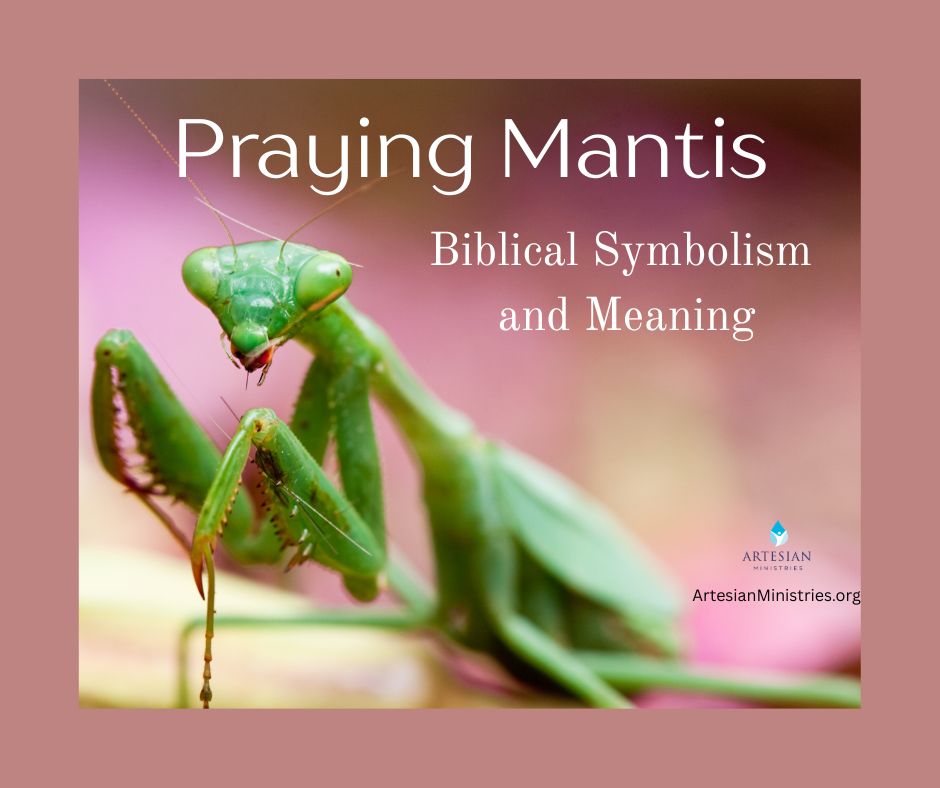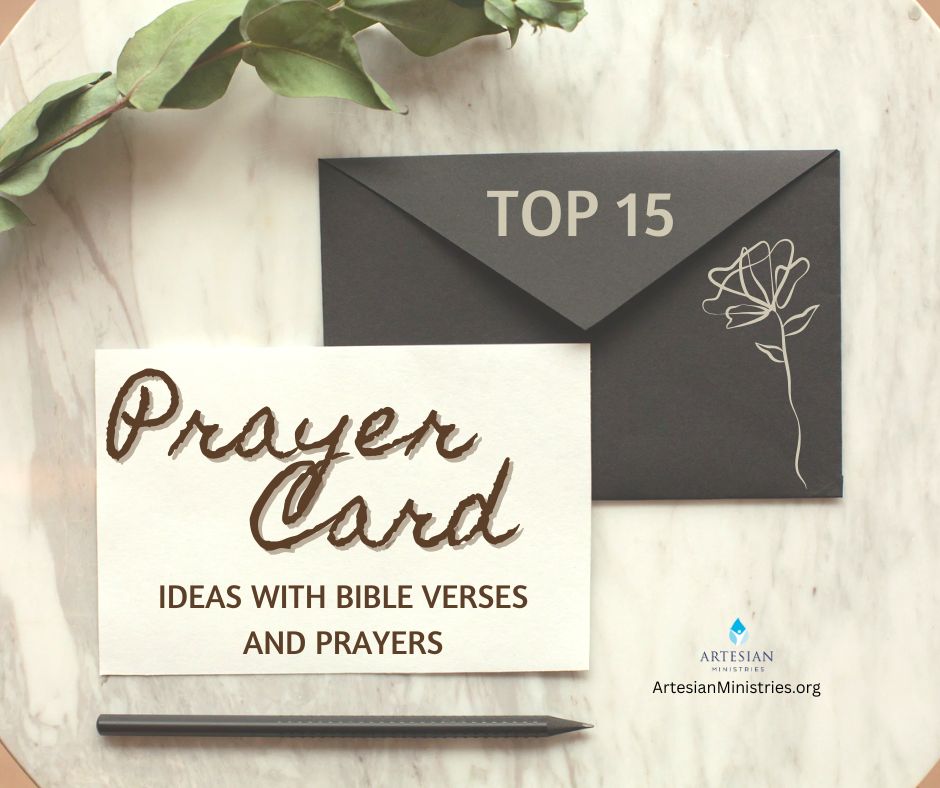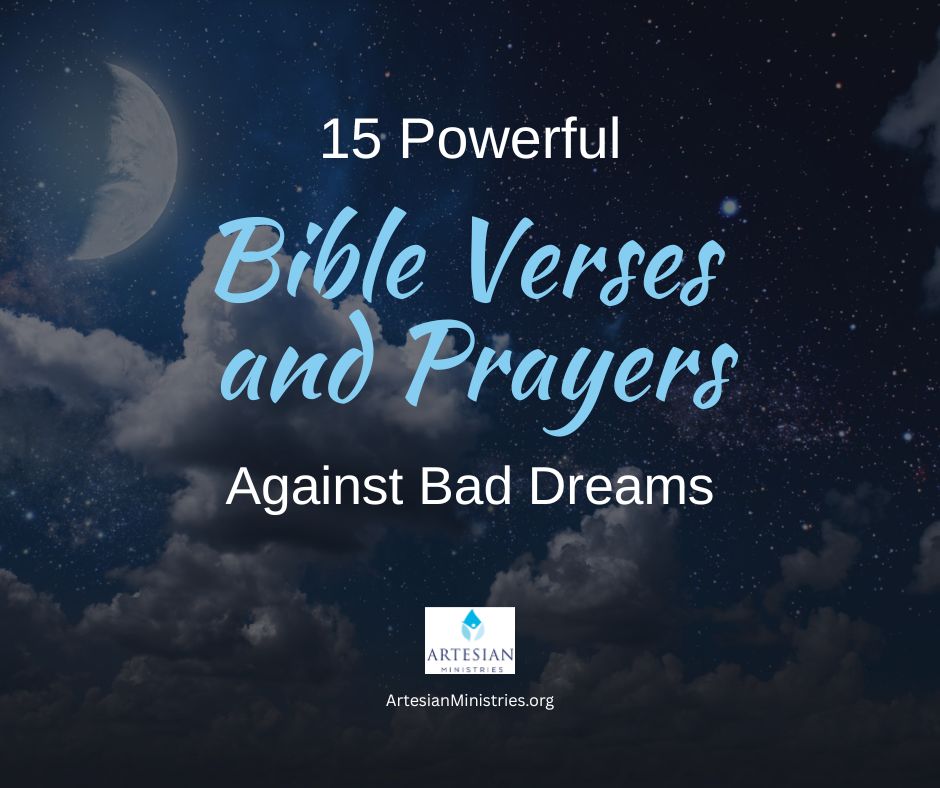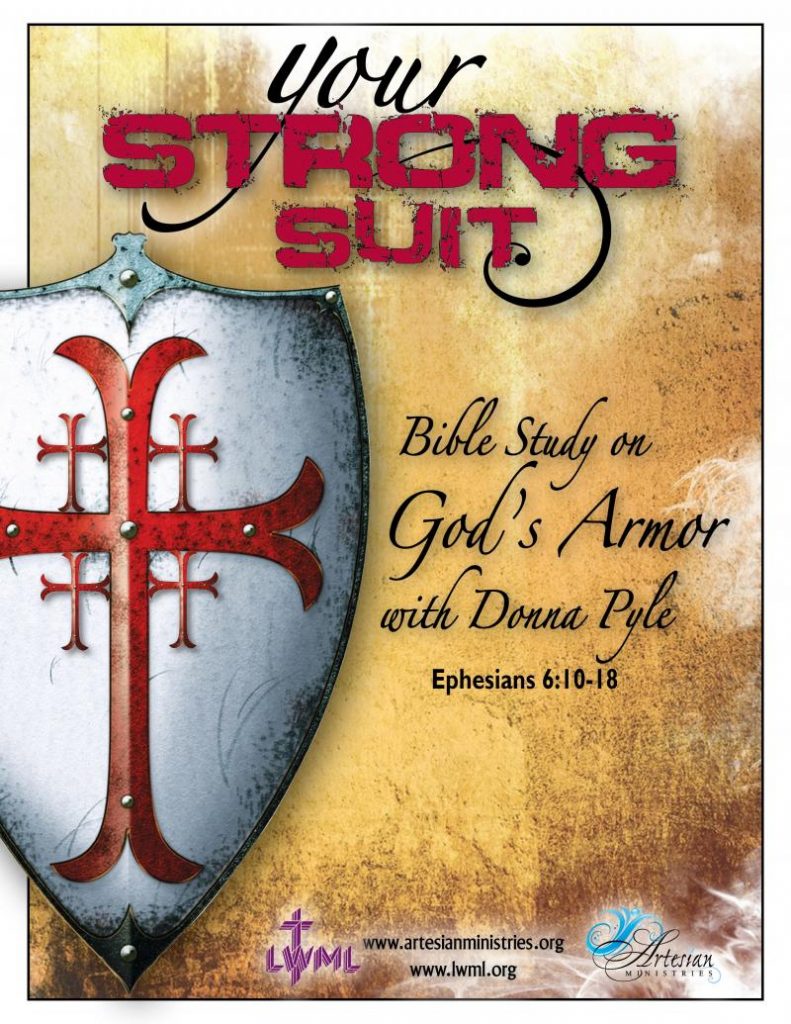The topic of fallen angels in the Bible has fascinated believers and scholars for centuries. Questions about their number, origin, and current status arise frequently among those studying spiritual warfare and biblical demonology.
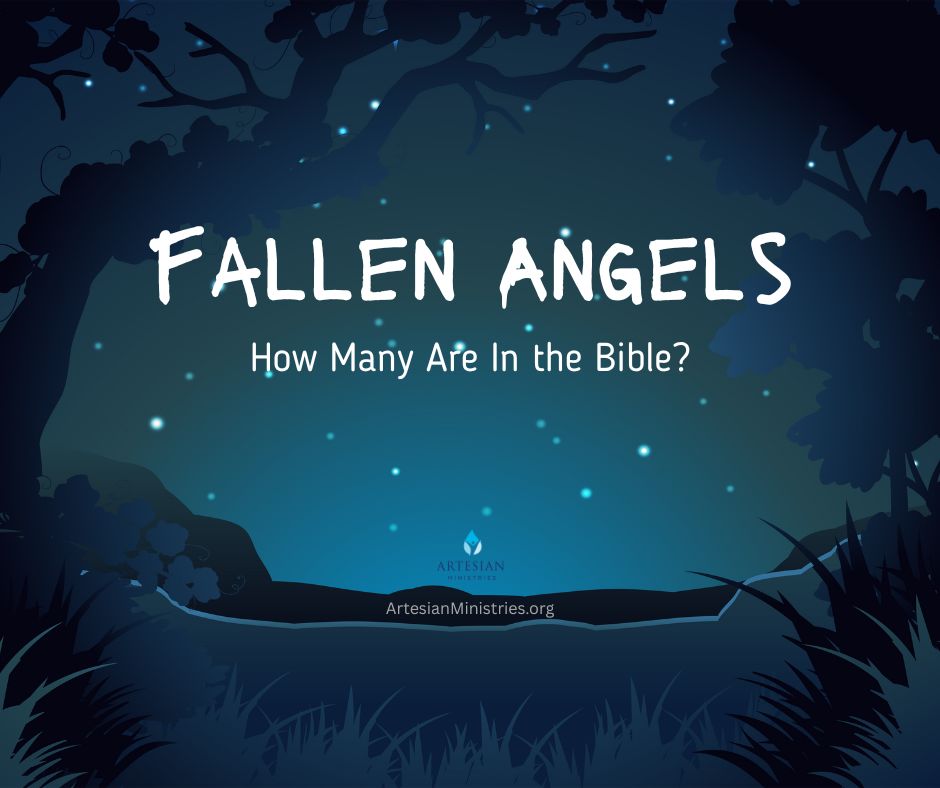
Hollywood and popular culture have created elaborate mythologies around these beings. What does the Bible actually reveal about fallen angels?
Table of Contents
This comprehensive examination explores the scriptural evidence regarding how many fallen angels exist and what we can know about them from God’s Word.
Understanding Fallen Angels: Who They Are
Before determining how many fallen angels exist, we must first understand what fallen angels are according to Scripture.
Fallen angels are spiritual beings (not human beings) originally created by God as part of the angelic host who rebelled against their Creator and were cast out of heaven. These beings, led by Satan (also called Lucifer, the devil, or the great dragon), chose to reject God’s authority and were subsequently judged.
These evil angels who were cast down with the fall of Satan are classified differently than holy angels who still worship God. The Bible indicates that angels were created as ministering spirits with specific purposes in God’s kingdom. “Are they not all ministering spirits sent out to serve for the sake of those who are to inherit salvation?” (Hebrews 1:14)
However, some of these angels chose to abandon their proper dwelling as heavenly beings and rebel against God. Jude 6 states, “And the angels who did not stay within their own position of authority, but left their proper dwelling, he has kept in eternal chains under gloomy darkness until the judgment of the great day.”
Related: What Do Forgiveness and Repentance Mean in the Bible?
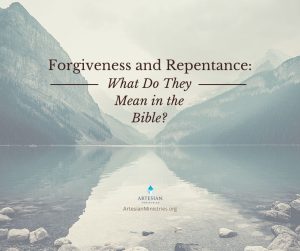
The Nature of Angels
Angels are spirit beings created by God before the creation of humanity. They possess intelligence, will, and the ability to make choices.
Scripture reveals they exist in vast numbers and serve various functions in God’s kingdom. The fact that some angels fell demonstrates that they were created with free will and the capacity to choose rebellion and everlasting chains over obedience.
The Original Rebellion: How Angels Fell
Scripture provides glimpses into the original angelic rebellion. The most commonly referenced passage regarding Satan’s fall is Isaiah 14:12-15, which describes the downfall of the “morning star” or Lucifer:
“How you have fallen from heaven, morning star, son of the dawn! You have been cast down to the earth, you who once laid low the nations! You said in your heart, ‘I will ascend to the heavens; I will raise my throne above the stars of God; I will sit enthroned on the mount of assembly, on the utmost heights of Mount Zaphon. I will ascend above the tops of the clouds; I will make myself like the Most High.’ But you are brought down to the realm of the dead, to the depths of the pit.”
Ezekiel 28:12-17 provides additional insight into Satan’s original status and his fall. These passages describe him as an anointed guardian cherub who was in Eden, the garden of God, but whose heart became proud because of his beauty.
Satan’s Influence on Other Angels
Satan did not fall alone. Scripture indicates that the ancient serpent led a rebellion that took other angels of God with him. It stuns the mind to try and imagine that time of trouble and the spiritual battles that raged against good and evil in the heavenly places.
Revelation 12:4 provides a symbolic description: “His tail swept down a third of the stars of heaven and cast them to the earth. And the dragon stood before the woman who was about to give birth, so that when she bore her child he might devour it.”
In biblical apocalyptic literature, stars often represent angels. This suggests that Satan’s rebellion influenced a significant portion of the angelic host.
Related: 15 Powerful Bible Verses and Prayers for Bad Dreams

The Number of Fallen Angels: What Scripture Reveals
Examining how many fallen angels exist begins by acknowledging that Scripture does not provide an exact count. However, several passages (many from the Book of Revelation) give us important clues about their number.
The most direct biblical indication of fallen angels’ number appears in Revelation 12:4, where John describes the dragon’s tail sweeping “a third of the stars out of the sky.” If we interpret “stars” as angels (as is common in biblical symbolism), this passage suggests that approximately one-third of the original angelic host fell with Satan.
This interpretation is widely accepted among biblical scholars and theologians. If one-third of the angels rebelled, this indicates a substantial number of fallen angels, though we cannot determine an exact figure without knowing the total number of angels God created.
The Total Number of Angels
To understand an approximate number of how many angels fell, we would need to know how many angels exist in total. The Bible describes the angelic host as vast and innumerable.
Daniel 7:10 states, “A stream of fire issued and came out from before him; a thousand thousands served him, and ten thousand times ten thousand stood before him; the court sat in judgment, and the books were opened.”
Hebrews 12:22 reveals, “But you have come to Mount Zion and to the city of the living God, the heavenly Jerusalem, and to innumerable angels in festal gathering.”
Revelation 5:11 describes angels this way: “Then I looked, and I heard around the throne and the living creatures and the elders the voice of many angels, numbering myriads of myriads and thousands of thousands.”
A close look at these descriptions emphasize the immense number of angelic beings rather than providing precise counts.
Mathematical Implications
If we take the biblical descriptions literally and conservatively estimate millions of angels exist, then one-third would represent a significant number of rebellious angels. That adds up to potentially millions of demonic beings controlled by the ruler of this world.
However, we must remember that these numbers are symbolic and meant to convey vastness rather than provide census data. There is no clear reference regarding the exact number of angels. The context of Genesis begins after the fall of Lucifer. The “smoke after the great tribulation” so to speak when they were cast out of God’s presence.
Related: The Valley of Dry Bones: Complete Biblical Meaning
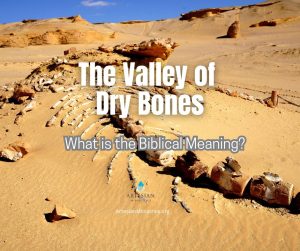
Specific Fallen Angels Named in Scripture
While the Bible indicates many angels fell, very few are specifically named. Understanding the named fallen angels helps us grasp their hierarchy and roles.
Satan (Lucifer)
The most prominent fallen angel is Satan himself. He is also called Lucifer, the devil, Beelzebub, the evil one, the prince of this world, the father of lies, and the accuser.
He is the leader of the fallen angels and the primary adversary of God and His people (sons of God). Multiple books of the Bible reference Satan from Genesis through Revelation. His goal is the complete destruction of those who follow God to keep them in chains of darkness for eternity.
Demons and Evil Spirits
The New Testament frequently mentions demons or evil spirits. Those terms are generally understood to refer to fallen angels. Jesus and the apostles encountered numerous demons during their earthly ministries, casting them out of afflicted individuals.
While specific demons are rarely named, their presence and activity are well-documented throughout Scripture.
Abaddon/Apollyon
Revelation 9:11 says, “They have as king over them the angel of the bottomless pit. His name in Hebrew is Abaddon, and in Greek he is called Apollyon.” Abaddon (Hebrew) or Apollyon (Greek word), mean “destroyer.” He is described as “the angel of the Abyss” who serves as king over demonic locusts released during the end times.
The Absence of Names
The Bible’s reluctance to name most fallen angels is likely intentional. Scripture focuses on God’s redemptive work through Jesus Christ rather than cataloging evil beings.
Providing extensive information about demons might lead to unhealthy fascination or fear rather than faith in God’s sovereignty.
Related: Who Was the Wisest Man in the Bible Who Ever Lived?

The Current State of Fallen Angels
Understanding the present condition and location of fallen angels provides important context for their number and influence.
Active on Earth
Many fallen angels, described as demons or evil spirits in Scripture, are currently active on earth. Throughout the Gospels, Jesus encountered and cast out demons. This demonstrates their present reality and activity.
Ephesians 6:12 issues a bone-chilling, truthful confirmation of their ongoing operations. “For we do not wrestle against flesh and blood, but against the rulers, against the authorities, against the cosmic powers over this present darkness, against the spiritual forces of evil in the heavenly places.”
Imprisoned and Awaiting Judgment
Scripture indicates that some fallen angels are already imprisoned, awaiting final judgment. Second Peter 2:4 states, “For if God did not spare angels when they sinned, but cast them into hell and committed them to chains of gloomy darkness to be kept until the judgment.”
Similarly, Jude 6 says, “And the angels who did not stay within their own position of authority, but left their proper dwelling, he has kept in eternal chains under gloomy darkness until the judgment of the great day.”
Some scholars believe these imprisoned angels may be those referenced in Genesis 6:1-4. They committed particularly grievous sins by abandoning their proper dwelling and cohabiting with human women, producing the Nephilim.
The Abyss
Revelation describes an abyss or bottomless pit where certain demonic beings in the supernatural world are confined until appointed times. Revelation 9:1-11 describes the opening of this abyss during the end times, releasing demonic forces for a limited period.
Verses 7-9 say: “In appearance the locusts were like horses prepared for battle: on their heads were what looked like crowns of gold; their faces were like human faces, their hair like women’s hair, and their teeth like lions’ teeth; they had breastplates like breastplates of iron, and the noise of their wings was like the noise of many chariots with horses rushing into battle” (Revelation 9:7-9).
The Hierarchy and Organization of Fallen Angels
Scripture suggests that fallen angels maintain some form of organization and hierarchy under Satan’s leadership.
Ephesians 6:12 describes various ranks within the demonic realm: “rulers,” “authorities,” “powers of this dark world,” and “spiritual forces of evil in the heavenly realms.”
This language indicates structure and organization among these supernatural beings, with different levels of authority and function.
Related: Your Strong Suit: Bible Study on the Armor of God
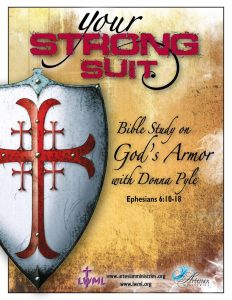
Satan’s Kingdom
Jesus acknowledged that Satan has a kingdom, implying organized structure and purpose among fallen angels. “And if Satan casts out Satan, he is divided against himself. How then will his kingdom stand?” (Matthew 12:26)
Daniel 10:13 says: “The prince of the kingdom of Persia withstood me twenty-one days, but Michael, one of the chief princes, came to help me, for I was left there with the kings of Persia.” This provides a picture of a demonic power that opposed God’s angelic messenger. It also suggests territorial assignments among fallen angels.
The Destiny of Fallen Angels
The number of fallen angels is substantial. However, Scripture is clear about their ultimate fate.
Matthew 25:41 reveals, “Then He will say to those on his left, ‘Depart from me, you cursed, into the eternal fire prepared for the devil and his angels.” This confirms that eternal punishment awaits the father of lies and all his fallen angels.
Revelation 20:10 describes Satan’s final judgment: “And the devil who had deceived them was thrown into the lake of fire and sulfur where the beast and the false prophet were, and they will be tormented day and night forever and ever.”
Unlike humanity, for whom Christ died to provide salvation, Scripture offers no indication that redemption is available for fallen angels. Their rebellion appears final, their judgment certain, and their fate sealed.
Related: Powerful Bible Verses For Sharing Your Testimony

Practical Implications for Believers Today
Understanding fallen angels is not merely academic. Acknowledging their existence has practical implications for Christian living today.
Believers should be aware of spiritual warfare and the reality of demonic forces without becoming obsessed with the demonic realm.
First Peter 5:8 warns, “Be sober-minded; be watchful. Your adversary the devil prowls around like a roaring lion, seeking someone to devour.” Awareness leads to preparedness.
Victory Through Christ
Fallen angels are numerous and organized. But never fear because believers have victory through Jesus Christ. Colossians 2:15 declares that the Son of God “disarmed the powers and authorities, he made a public spectacle of them, triumphing over them by the cross.”
God assures us: “Little children, you are from God and have overcome them, for He who is in you is greater than he who is in the world” (1 John 4:4). Because of Jesus’ great love for us, believers will spend eternal life in His presence.
Ephesians 6:10-18 instructs believers to put on the full armor of God to stand against demonic schemes. This includes truth, righteousness, the gospel of peace, faith, salvation, God’s Word, and prayer. These represent spiritual resources that far exceed demonic power.
The Biblical Perspective on Fallen Angels
The Bible does not provide an exact count of fallen angels, but Revelation 12:4 suggests approximately one-third of the angelic host fell with the old serpent in his rebellion against God. Given the vast number of angels described in Scripture (potentially millions or more) indicates a substantial number of fallen angels exist.
However, Scripture’s focus is not on quantifying demons but on affirming God’s sovereignty, Christ’s victory, and believers’ security in Him. While fallen angels are real, active, and numerous, they are defeated foes whose judgment is certain and whose power is limited.
Related: Biblical Meaning of INRI on the Cross of Jesus Christ
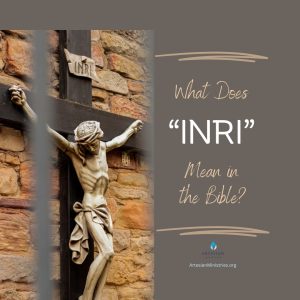
Bottom Line
For believers today, the key is not to fear the number or power of fallen angels but to trust in the One who created them, who defeated them at the cross, and who will ultimately judge them.
Our confidence rests not in our ability to calculate demonic forces but in the finished work of Jesus Christ, who has all authority in heaven and on earth.
As we study what Scripture reveals about fallen angels, we grow in discernment, strengthen our spiritual vigilance, and deepen our appreciation for the salvation we have in Christ. It’s a salvation that angels desire to look into (1 Peter 1:12) and that guarantees our victory over every spiritual enemy.
Related Posts:
- Best Bible Reading Plans
- 13 Best Bible Study Methods
- What to Highlight in the Bible and the Best Way To Do It
About the Author
Donna is an award-winning author, sought-after speaker, and Bible teacher. Her path from unchurched to becoming passionate about sharing Jesus was difficult. Read about her God-breathed journey: “From Unchurched to Becoming a Multi-Published Author and Sought-After Speaker.” If you want to send Donna a quick message, visit her here.

{Some of these links are affiliate links. If you purchase through that link, the ministry may receive a small commission at no extra cost to you.}

